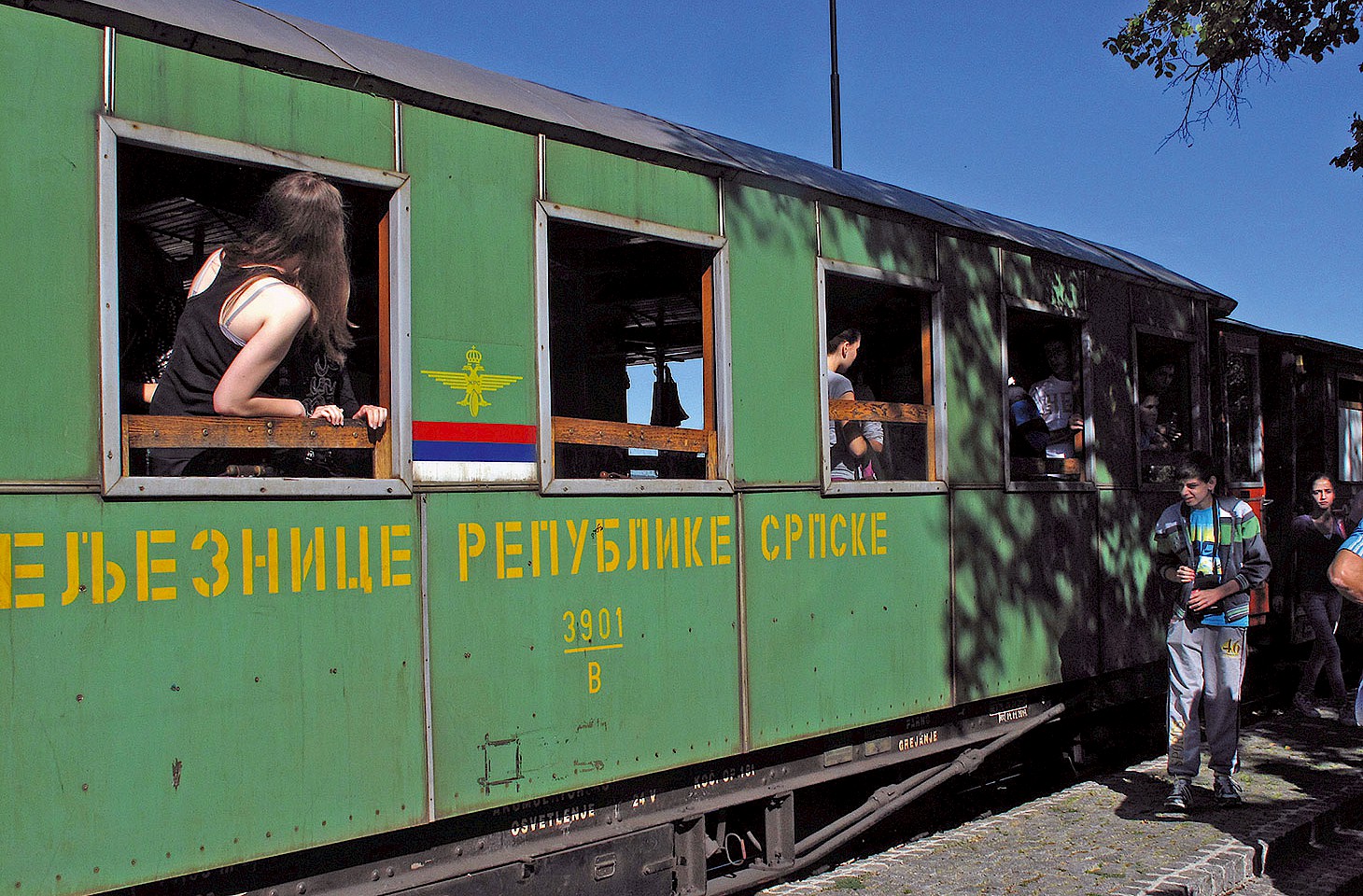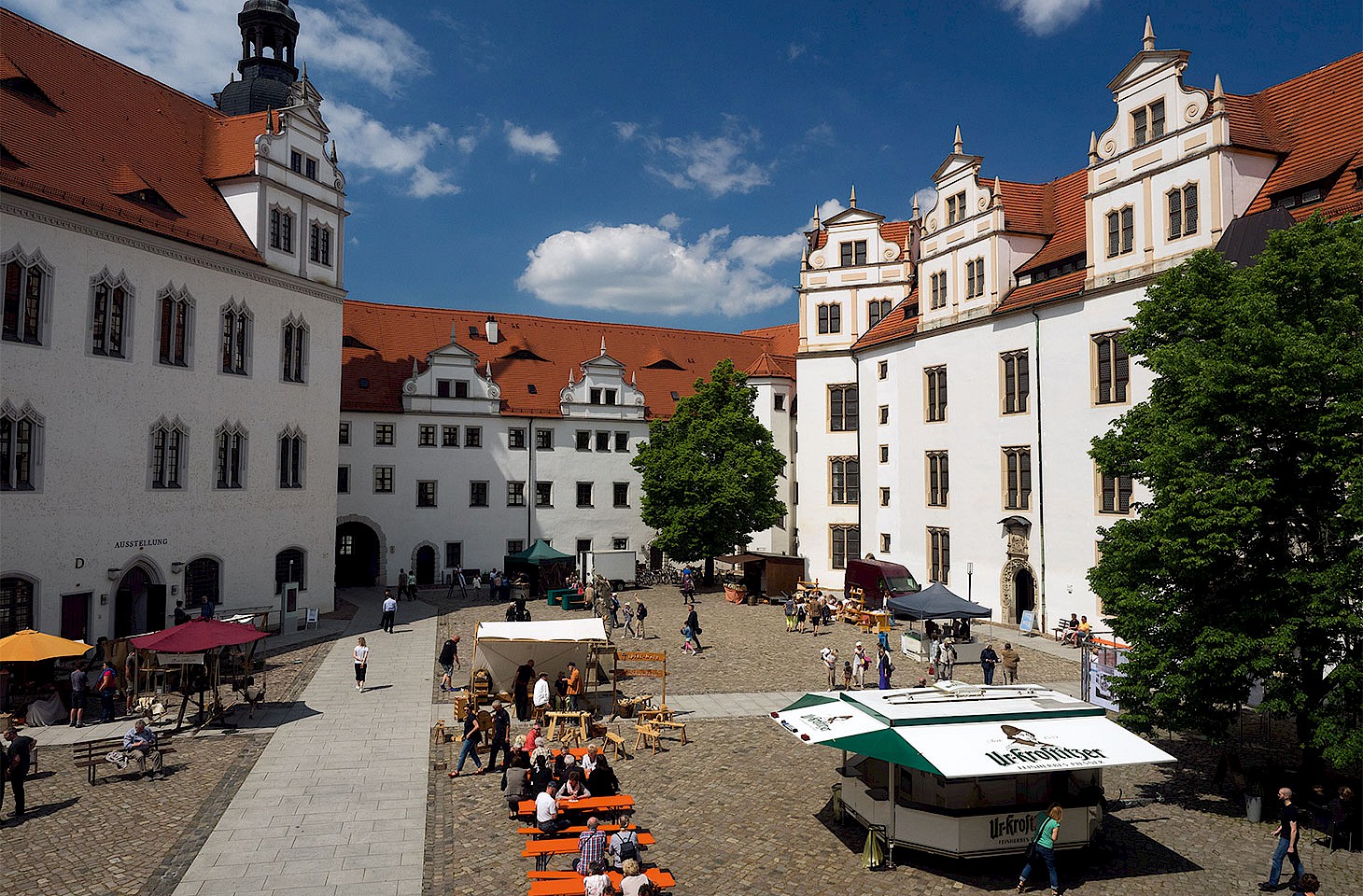Nicky Gardner, who is co-editor of hidden europe, is just back from a journey through Bohemia, Upper Austria and Bavaria during which Britain's recent referendum was never far from her mind.
Dear fellow travellers
Several times last week I found myself trying to explain, or even apologise for, the English. On Thursday afternoon in sunny Ceské Budejovice a matronly hotel receptionist looked at my passport and asked why the English had so sadly slipped up.
“Don't look at me,” I thought. I was about to add: “I was for Iceland all along.” But, in my heart, I knew this was not football talk. This was referendum talk.
“There is no easy explanation. But, yes, something has gone seriously wrong in Britain,” was the best I could offer.
That's all I could say the following day, too, when a Greek waiter at a restaurant by the Danube offered me his thoughts on that referendum. “We'll all be better off without them,” he said, referring to Britain's decision to leave the European Union.
I was brought up in an unremarkable region where culture was not characterised by far horizons. I did however have the good fortune to go to a Roman Catholic school which countered the parochialism of the area. The Old Testament is coloured by a cultural eclecticism which found no equivalent on the bus to school. I read about Joel and Nahum, not to mention the Jewish queen Esther who had a Persian husband. Hey, this really was multiculturalism in action. None of the kids in my home area could boast a Jewish mum and a Persian dad.
I found the New Testament full of tempting geography. I soon got to grips with the core territory of the narrative: Galilee, Samaria and Judea. But there were also references to Macedonia, Lycia, Crete and Ephesus. The world, I realised, was bigger than my parents had led me to believe. As soon as I was old enough to ride a bicycle and venture out alone, I set out in search of Achaia, assuming that I could still get home in time for tea - perhaps having even met a few Thessalonians along the way.
As soon as I left school, I was venturing east - a first visit to the German Democratic Republic (alone, at the age of eighteen) fired my political imagination. First encounters with Cyrillic script pushed at the boundaries of language. I lived for a spell in an apartment block in Frankfurt-am-Main where the majority of residents were Turkish or Kurdish. And then I moved to a remote valley in Wales where Welsh was the dominant language.
In time, I really left England behind. I escaped a crushing provincialism in which the only redeeming factor was Britain's membership of the European Union. It gave me, and millions of others, the chance to live, work, love and play across a community of nations which has worked wonders in setting aside their historic differences.
I found and still find – the entire European project deeply inspiring, but wonder if many in England have ever read about the lives and work of the founding fathers of the European Union, among them Jean Monnet, Robert Schuman, Altiero Spinelli and Alcide de Gasperi.
Probably not! Because Britain has been the cuckoo in the European nest. Too many Brits saw Europe merely as terrain for trade and stag parties. And, as long as the trade was good, Britain was content to pay to be a member of the club. But it paid only in moderation. The country's reluctance to pay its share of the EU budget meant that Britain received vast rebates, and its net national contribution to the EU, as a percentage of the country's gross national product (GNP), was very much lower than that of any of the other 27 member states. How could it ever have come to pass that relatively poor countries like Romania and Lithuania paid a higher proportion of their GNP into the EU budget than Britain?
So Britain is set to leave the EU after a debate which has revealed the full extent of neo-nationalist instincts in some parts of England. The death rattle of Empire, it transpired, came with quite a sting in its tail. There is a certain vein of English thinking which has not changed in over half a century. It is parochial and all too often tinged with racism - as likely to be directed against the Welsh or the Scottish as against the Germans or the French. For millions of Brits of my generation, the EU gave an exit route, a chance to escape. It gave me a chance to feel truly European, to be truly European. It has given me the opportunity to explore other languages, other faiths, other freedoms, that would simply never have come my way.
My path would not have been for everyone. But that a generally older generation has cast a vote to deprive their children and their grandchildren of the freedoms which I have so enjoyed... that, it seems to me, is indefensible and not the sort of thing that can be explained away with a couple of sentences at a hotel reception in the Czech Republic or at a restaurant on the bank of the River Danube.
Nicky Gardner
(co-editor, hidden europe magazine)




